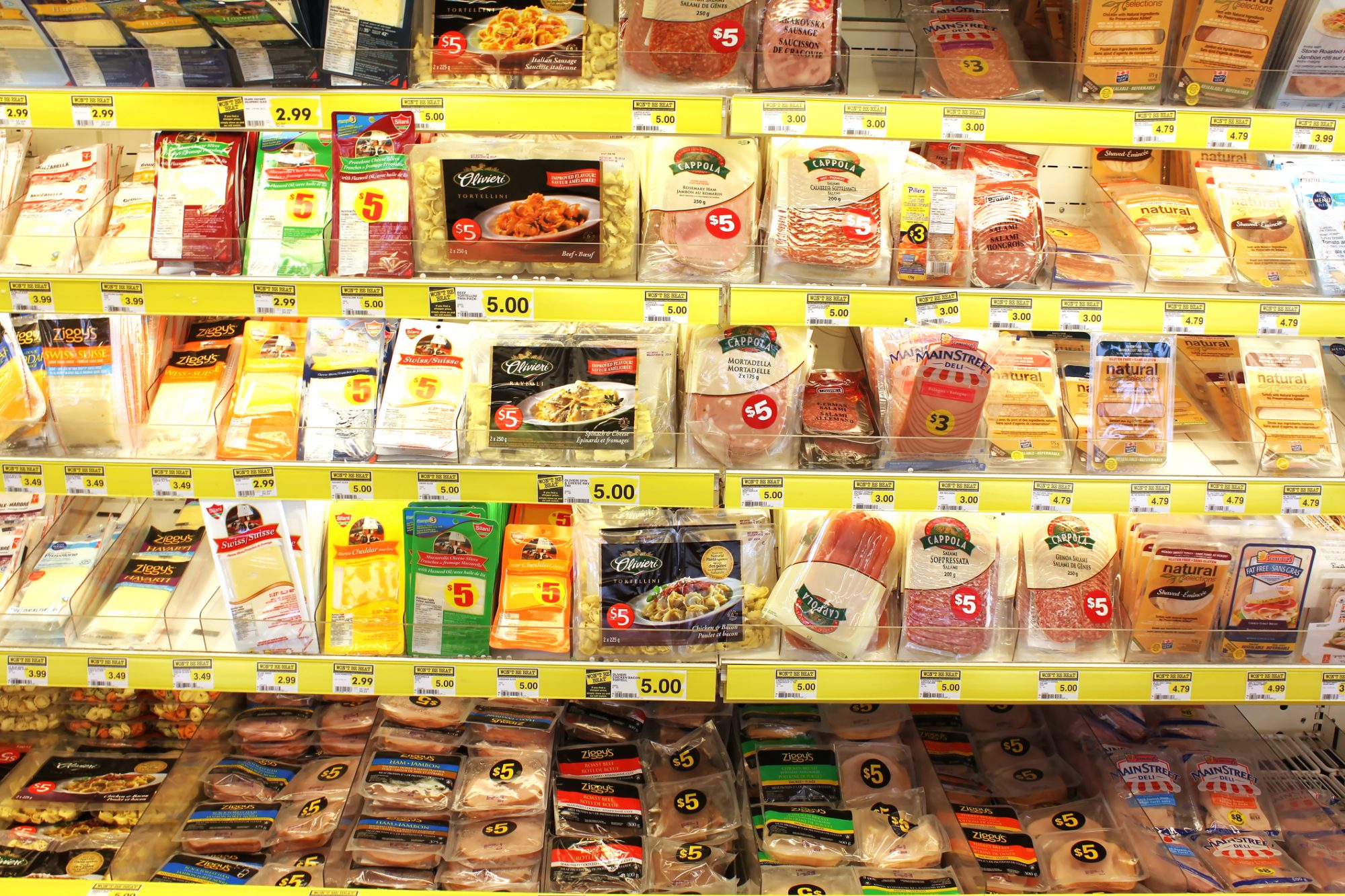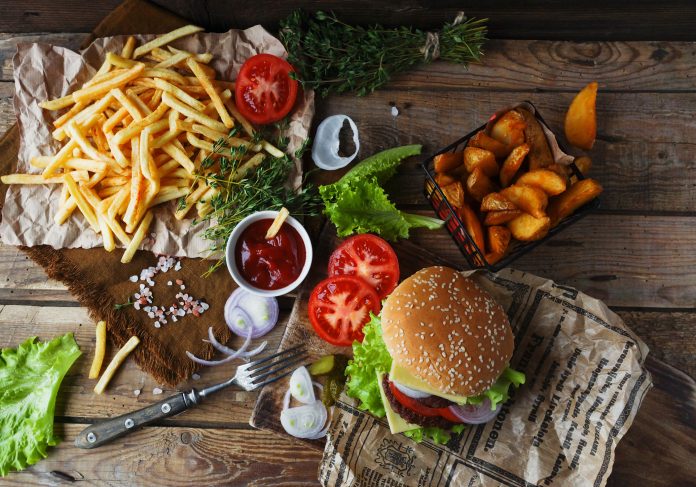Frequently eating a high calorie diet, or a diet which is high in fats, reduces the brain’s ability to regulate calorie intake – driving overeating habits
The brain’s role in eating is important, and its complex mechanisms can often lead to overeating – fuelling behaviours which lead to weight gain and obesity. By better understanding our brain’s pathways, and its responses to high calorie diets, we could help develop solutions to treat these unhealthy habits.
Obesity is a rising global public health concern as it is associated with an increased risk of cardiovascular diseases and type 2 diabetes. In England alone, 63% of adults are considered above a healthy weight and around half of these are living with obesity. This could be directly affected by people’s ability to regulate their diets due to brain signalling from high fat food intake.
One in three children leaving primary school are overweight or obese
High fat diets affect the signalling pathway
New research based on rats in The Journal of Physiology has recognised that after short periods of being fed a high-fat, or high calorie diet, the brain adapts to react to what is being ingested and reduces the amount of food eaten to balance calorie intake.
This is because calorie intake is regulated in the short term by cells called astrocytes, which are large star-shaped cells in the brain that regulate many different functions of neurons in the brain.
Astrocytes initially react when high fat/high calorie food is ingested. Their activation triggers the release of gliotransmitters, chemicals (including glutamate and ATP) that excite nerve cells and enable normal signalling pathways to stimulate neurons that control how the stomach works.
These astrocytes control the signalling pathway between the brain and the gut, so continuous eating of a high fat/calorie diet disrupts this signalling pathway.
Dr Kirsteen Browning, Penn State College of Medicine, US, said: “Calorie intake seems to be regulated in the short-term by astrocytes. We found that a brief exposure (three to five days) of high fat/calorie diet has the greatest effect on astrocytes, triggering the normal signalling pathway to control the stomach. Over time, astrocytes seem to desensitise to the high fat food.
Around 10-14 days of eating a high calorie diet the brain’s ability to regulate calorie intake seems to be lost
“Around 10-14 days of eating high fat/calorie diet, astrocytes seem to fail to react and the brain’s ability to regulate calorie intake seems to be lost. This disrupts the signalling to the stomach and delays how it empties.”

The decrease in signalling chemicals leads to a delay in digestion
The signalling ensures the stomach contracts correctly to fill and empty in response to food passing through the digestive system, but when astrocytes are inhibited, the cascade is disrupted.
The decrease in signalling chemicals leads to a delay in digestion because the stomach doesn’t fill and empty appropriately, leading to increased hunger and a lack of fulfilment after eating.
Combined with pharmacological and specialist genetic approaches (both in vivo and in vitro) to target distinct neural circuits, the researchers identified specifically inhibited astrocytes in a particular region of the brainstem (the posterior part of the brain that connects the brain to the spinal cord), so they could assess how individual neurons behaved to studying rats’ behaviour when awake.
Human studies will need to be carried out to confirm if the same mechanism occurs in humans – the researchers have already developed plans to further explore the mechanism.
This research could lead to interventions to help restore calorie regulation in humans
Dr Kirsteen Browning said: “We have yet to find out whether the loss of astrocyte activity and the signalling mechanism is the cause of overeating or that it occurs in response to the overeating.
“We are eager to find out whether it is possible to reactivate the brain’s apparent lost ability to regulate calorie intake. If this is the case, it could lead to interventions to help restore calorie regulation in humans.”











